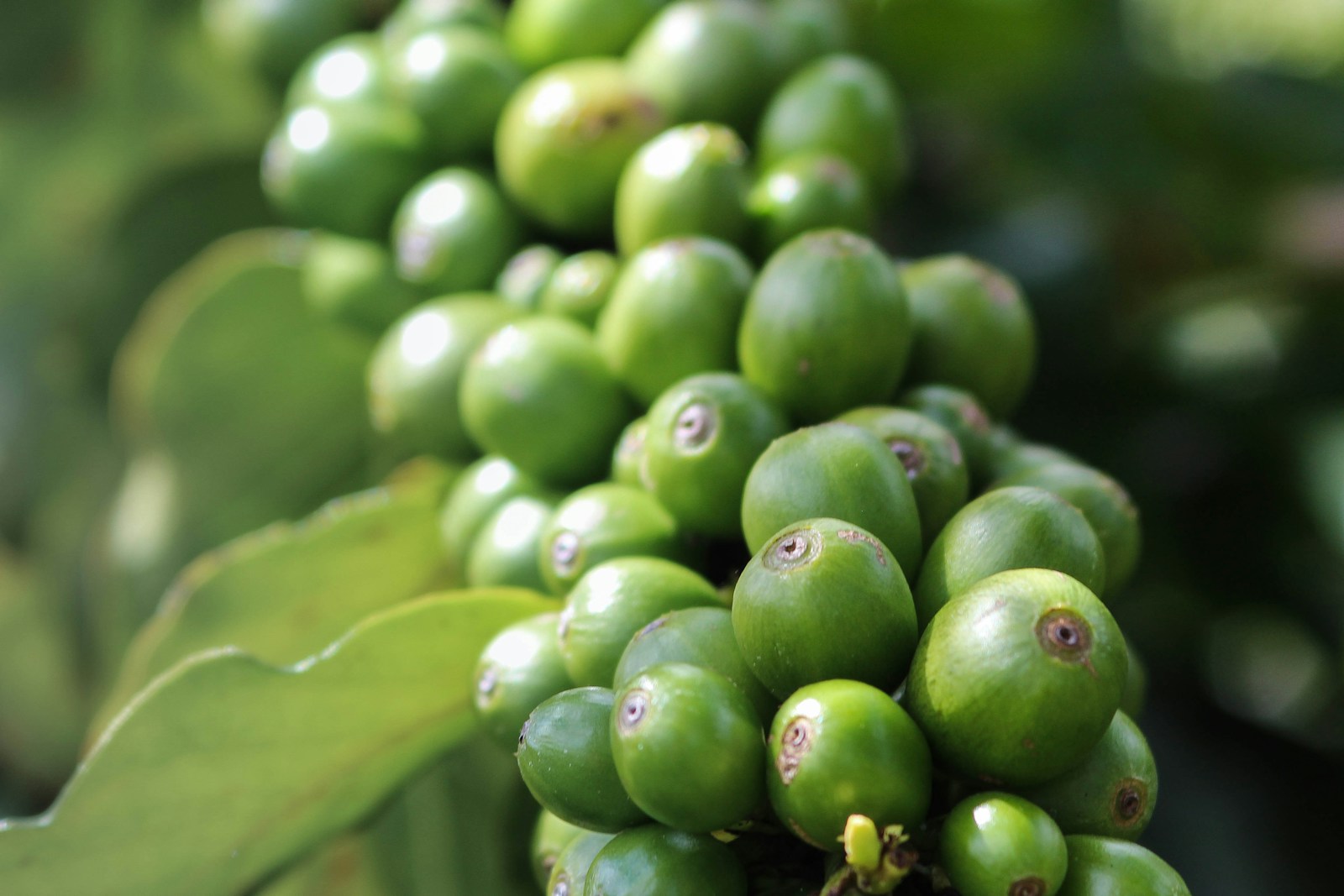In recent years, the global coffee industry has experienced a significant shift, with a growing emphasis on sustainable farming practices. This emerging trend reflects a heightened awareness among consumers and producers alike regarding traditional coffee cultivation’s environmental and social implications.
Sustainable coffee farming employs a holistic approach that aims to minimize the ecological footprint of coffee production while ensuring the well-being of the farmers and their communities. This model often involves implementing organic farming techniques, promoting biodiversity, and adopting fair-trade principles, which guarantee equitable compensation for the growers.
One of the primary advantages of sustainable coffee farming is its potential to mitigate the adverse effects of conventional methods, which can contribute to soil depletion, water scarcity, and the loss of natural habitats. By embracing regenerative agricultural practices, such as using natural fertilizers and preserving shade-grown environments, sustainable coffee farmers can maintain the long-term fertility of the land and support the delicate ecosystems that are integral to the cultivation of this beloved beverage.
Moreover, the sustainable approach to coffee production has garnered widespread acclaim for its social and economic benefits. Sustainable farming initiatives empower coffee growers and their families by ensuring fair wages and providing access to healthcare and education, ultimately fostering more resilient and prosperous communities.
As consumers become increasingly conscious of the impact of their purchasing decisions, the demand for sustainably grown coffee has steadily risen. This burgeoning market trend has encouraged coffee producers worldwide to explore and adopt sustainable practices, further solidifying the position of sustainable coffee farming as a growing and essential component of the global coffee industry.
In conclusion, the rise of sustainable coffee farming represents a promising shift towards a more environmentally and socially responsible future for the coffee industry. By embracing this approach, farmers, consumers, and the broader coffee community can work together to cultivate a more sustainable and equitable supply chain, ensuring the longevity and resilience of this cherished commodity.
